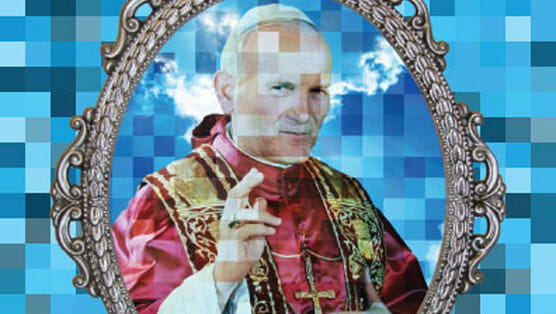
I reckon it’s time for a little “fear and loathing” with Jamie Iredell.
He covers a lot more than the drunkalogue of addled days. Through this collection of essays, a reckoning of his own life experience, including a letter to his daughter Kinsey, the author presents a study of Simone de Beauvoir’s The Second Sex and a conversation on the state of modern femininity.
Meditating on youth, Iredell explores body image in “Fat” and makes no bones about it: being fat isn’t a cakewalk (pun intended). As a recovering fat kid myself, this particular essay presses a few choice buttons, specifically as he writes, “These boys shoved me around…. They called me the typical: fatty, fatso, tubs, pussy. While they didn’t beat me up, after that encounter I started carrying knives.”
Iredell plainly addresses the type of cruelty and aggression that happens in youth culture, assuming that kids do not accept one another and that violence can potentially become a part of daily living.
In an essay on reading, “What Can Happen to You When You Read,” Iredell addresses himself as the audience, writing things to “you” while painting his own history of reading and his early love of survival narratives. His mention of Scott O’Dell’s Island of the Blue Dolphins is sure to garner a nod from readers recalling the nostalgia of childhood narratives that now exist as romanticized memories, when time seemed infinite rather than a precious commodity.
Iredell also employs contrast in his work. With titles like “This Essay Cannot Sleep” and “How To Not Get Arrested While Driving High On Crack After Having Drunk A Bunch of Vodka At A James Taylor Concert,” his accounts render a complex recollection and analysis of youth, body image, racism, sex, drug and alcohol abuse, the writing life, insomnia, love and fatherhood, all packaged in a very gonzo, if matter-of-fact, delivery.
In a Thompson-esque flurry of mania, Iredell writes of his experiences with drugs:
An hour later, the buzz I’d felt on vodka had been replaced by the rush of crack. And not only had we smoked a grip at this couple’s house, but we’d walked out of there holding our own little inch-by-inch square baggies filled with rocks for later. It was going to be one hell of a night.
Reading this essay led me to dust off my old paperback copy of Fear and Loathing in Los Vegas.
In a sober analysis, Iredell goes on to specifically explain how one might best function in a situation where one is, say, wasted on crack while encountering law enforcement. Unlike Thompson, Iredell doesn’t glorify substance abuse and extreme living. He writes these instances in attempt to come to terms with the life he left behind when he truly became an adult, moving from bachelor to husband to father.
Juxtaposing the insanity of the binge with the cold analytic language of a reporter, Iredell achieves a distance from his own life that deepens the impact of the essay. He surveys the damage wrought by drug abuse, and he offers hope that such abuse leads to inevitable change and to living the kind of life that serves as a respectable foil to that of the dark years.
In “Why We Need Superheroes,” Iredell offers a bit of practical wisdom that sounds like something your grandfather, waxing intellectual over some Werther’s Original candy, might say: “These stories teach us that we must be good to one another, and that, when we act in such ways, we can defeat all that opposes us.”
With respect to his daughter, Iredell writes, “I am her Superman, her Batman, her Wolverine, and right now she needs me.” Ultimately, he argues that the modern heroes of comics and movies are analogous to the hero tales Joseph Campbell explores so eloquently in his body of work. Cultures need heroes, and though tales of heroes appear in a myriad of forms, all arise out of common archetypes of the collective human psyche.
“The Shape of Ideas” espouses a deep bond between Iredell and his friend and colleague, J. In one of the book’s most poignant moments, Iredell grieves for J, who dies in a car crash. J’s death looms like the apparition of a shaman, spiritually connected to music in a visceral sense:
J … sat in front of the cd player replaying Alice in Chains’ Dirt over and over, rocking his head as beer after beer disappeared down his throat. J would look at Randy and say, “Right here,” pointing at the stereo, “This guitar right here,” when a thundering chord landed, and he’d bow his head in reverence.
While probing deep, emotional and moral issues, Iredell writes in an approachable voice, with language that makes this collection accessible to fans of literary non-fiction and to anyone who enjoys good, honest storytelling. One feels while reading this book that Iredell’s actually having a few cold ones with a dear friend, catching up on lost time.
Daniel Lamb, an Atlanta-based writer, has contributed essays and short fiction to Scene Missing Magazine, Write Club Atlanta and the flash-fiction journal The Five Hundred. Lamb recently participated in NaNoWriMo, and he pens the blog “A Land Where We’ll Never Grow Old.”